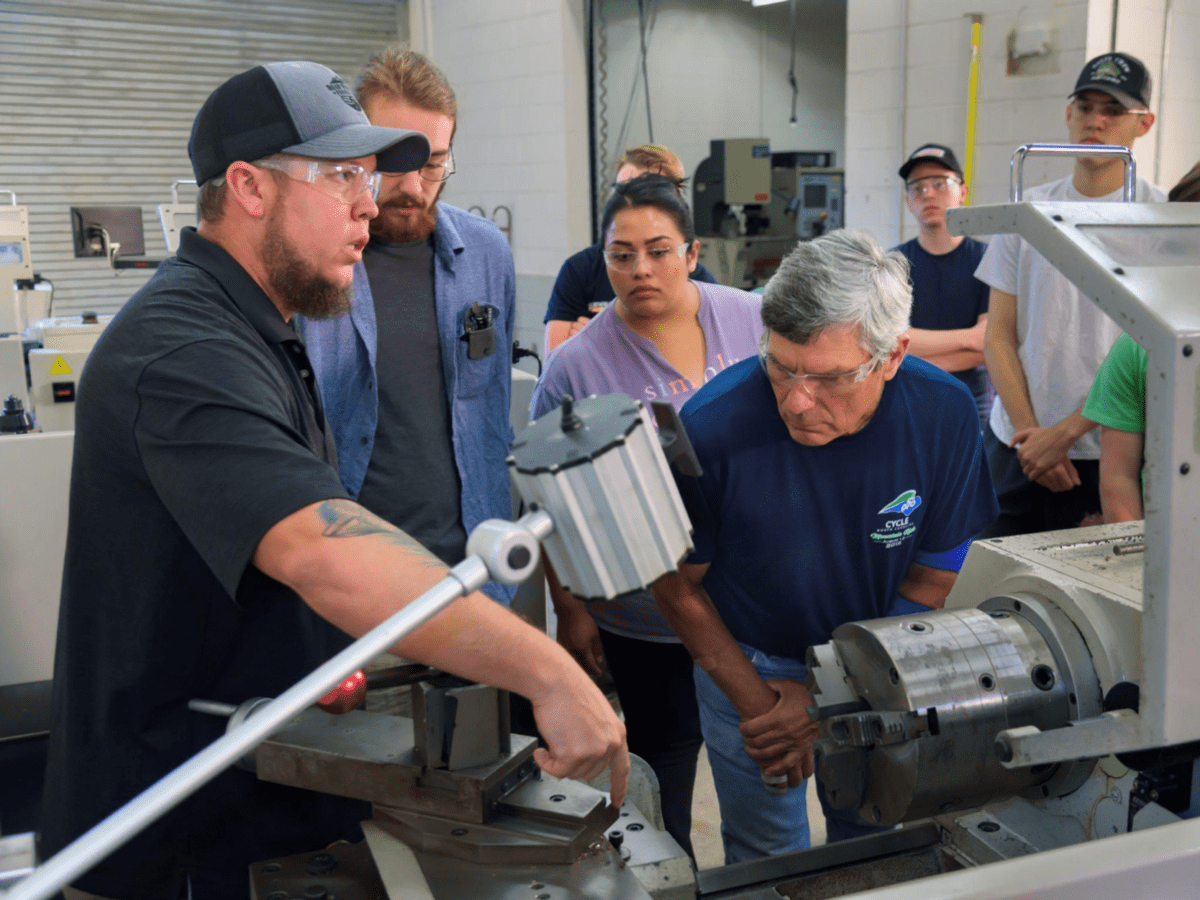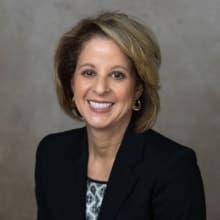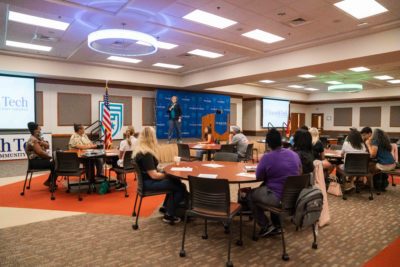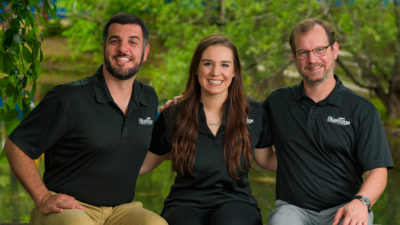
In North Carolina’s strong but swiftly evolving economy, making higher education accessible to adult learners is a win for everyone. Whether these students aged 25 years or more aim to increase their skills or pivot to a new career, earning new credentials creates opportunities. Likewise, employers benefit from workers with updated knowledge and skills, as well as the experience that comes with age.
Educating adult learners is also a win for our state’s workforce. As the workforce trends toward a more mature demographic, this strategy prepares workers to fill critical jobs in our communities. We know from recent studies such as “North Carolina’s Leaky Education Pipeline,” published by Carolina Demography in 2019, that the pipeline of 18- to 24-year-olds is diminishing. If North Carolina community colleges are going to boost enrollment, and if the state is going to meet its goal of credentialing 2 million North Carolinians by 2030, adult learners must be part of the equation.
Flexibility for success
Educating adult learners presents unique challenges. These students must balance the obligations of work, finances, family, home, transportation, child care, and much more. Flexibility is therefore imperative to enabling this population to finish strong with a credential to show for it.
A great starting point is to provide students with flexible course schedules with classes offered during the day, in the evening, online, and at an accelerated pace. In fact, many adult learners may not enroll at all without these options. We also need to keep their educational experiences efficient; myriad short-term training and certificate programs provide excellent jump-off points for many to reach their goals. When they see the value higher education provides to their careers and employers, they often pursue additional credentials.
We have also learned that adult learners need support throughout their education journeys. Thanks to a grant awarded through Dogwood Health Trust, we recently deployed two full-time success coaches to support adult learners, walking them through the onboarding process and ensuring a successful first semester through to completion. Students know that their coaches are ready to listen, answer questions, solve problems, help them overcome barriers, and aid with study strategies, time management, and self-awareness. With the proper flexibility and support, these students can thrive.
Reaching adult learners
Because of their many roles and high pace of life, adult learners face barriers to accessing information about educational opportunities. Accordingly, outreach and marketing strategies must be carefully targeted and carry strong messages that resonate. At Blue Ridge, three intersecting strategies drove recent results.
In early 2021, Blue Ridge Community College was one of five colleges selected for a pilot program called the Engaging Adults Initiative — now referred to as NC Reconnect — sponsored by the John M. Belk Endowment. As part of this initiative, Blue Ridge rolled out the campaign messaging “Better Skills. Better Jobs.” We carried this message in paid advertisements, as well as conducted grassroots outreach through employer visits, information disseminated to faith-based communities, communities of color, and increased participation in area events.
Our second strategy also extended from this initiative. Working with national nonprofit InsideTrack, we identified and directly contacted more than 2,500 Blue Ridge Community College students from the past five years who had completed more than half of a program of study and then dropped out.
Finally, Blue Ridge creatively reworked its budget and scholarship programs to offer Brighter Future free college scholarships to all eligible students. These combined efforts resulted in a 41% increase in adult learners compared to fall 2020 and an overall enrollment increase of 9%.
Think like an adult learner
As we learned alongside our sister colleges during the Engaging Adults Initiative, there are certain services, processes, and requirements that we must step back and reconsider through the lens of the adult learner. We must ask hard questions with our staff and faculty to ensure we are eliminating or rethinking what makes it difficult for adult learners to enroll at our colleges. Investing the extra time to learn about their potential barriers will pay off over and over.
As Dan Barkin mentioned in a recent Business North Carolina article, some think college students should fend for themselves. But as colleges across the nation struggle to retain students and our employers struggle to find qualified workers, why would we not create support systems that help students reach their academic goals?
After all, it is more than credentials that hang in the balance; it is the very health of our economy and workforce. And these are the building blocks that create the safe and enjoyable communities we all love in North Carolina.




